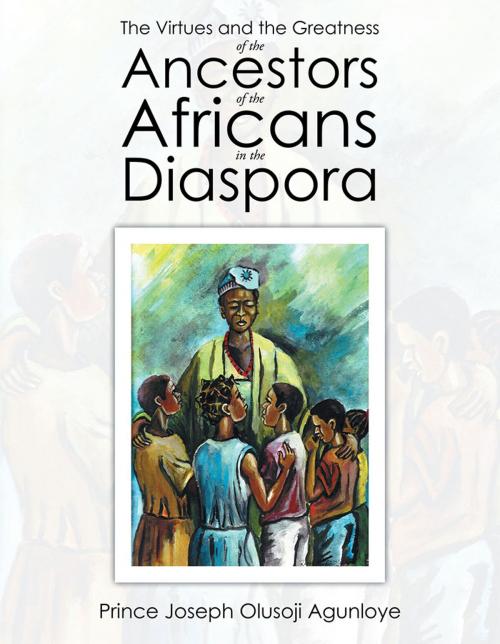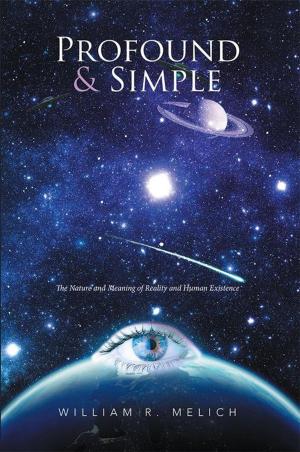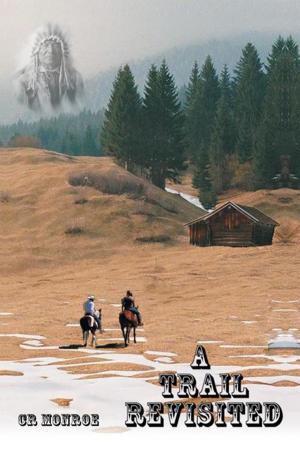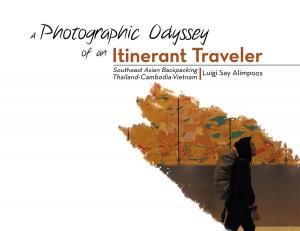| Author: | Prince Joseph Olusoji Agunloye | ISBN: | 9781503594241 |
| Publisher: | Xlibris US | Publication: | October 5, 2015 |
| Imprint: | Xlibris US | Language: | English |
| Author: | Prince Joseph Olusoji Agunloye |
| ISBN: | 9781503594241 |
| Publisher: | Xlibris US |
| Publication: | October 5, 2015 |
| Imprint: | Xlibris US |
| Language: | English |
Every immigrant did not come voluntarily to America. In 1619, a year before the pilgrims landed at Plymouth Rock, the first shipload of twenty Africans arrived at Jamestown, Virginia. For more than two hundred years, these Africans were brought against their will from the coastal countries of West Africa. These forced immigrants were prevented from preserving their history and culture. And this is why so many African Americans, Jamaicans, Haitians, Trinidadians, and all the black people whose ancestors migrated from Africa against their will to the Western world beginning from the fifteenth century do not know their history beyond slavery. The results of this forced migration and lack of knowledge of true history have shown themselves in epidemic levels of individual low self-esteem, lack of trust, team work, group self-confidence, black on black crimes heavy school drop-outs and low graduation rates among the Africans in the Diaspora, to mention a few. The virtues and the greatness of the ancestors, which present in colorful pictures the customs and occupations of the ancestors of the Africans in the Diaspora, and traces their true history to the periods when they were kings, chiefs, and nobles in West Africa, is written to build the self-esteem of their descendants, in the kindergarten, grades one, two, three and four as well as teach and reinforce their social and academic skills. It is written to correct at an early age, the negative information that limits their origin in life to former plantation slaves and make them grow with the beliefs that the stars of greatness are also in their DNA and within their reach, as it is often believed and assumed by the European children in their various classes and schools. The facts contained in the story book are contributions from the interviews granted by some Professors of African, and African American history, Oral and Palace historians from Africa, African elders over one hundred, and from my previous documentary, From Palace to Plantation to Glory.
Every immigrant did not come voluntarily to America. In 1619, a year before the pilgrims landed at Plymouth Rock, the first shipload of twenty Africans arrived at Jamestown, Virginia. For more than two hundred years, these Africans were brought against their will from the coastal countries of West Africa. These forced immigrants were prevented from preserving their history and culture. And this is why so many African Americans, Jamaicans, Haitians, Trinidadians, and all the black people whose ancestors migrated from Africa against their will to the Western world beginning from the fifteenth century do not know their history beyond slavery. The results of this forced migration and lack of knowledge of true history have shown themselves in epidemic levels of individual low self-esteem, lack of trust, team work, group self-confidence, black on black crimes heavy school drop-outs and low graduation rates among the Africans in the Diaspora, to mention a few. The virtues and the greatness of the ancestors, which present in colorful pictures the customs and occupations of the ancestors of the Africans in the Diaspora, and traces their true history to the periods when they were kings, chiefs, and nobles in West Africa, is written to build the self-esteem of their descendants, in the kindergarten, grades one, two, three and four as well as teach and reinforce their social and academic skills. It is written to correct at an early age, the negative information that limits their origin in life to former plantation slaves and make them grow with the beliefs that the stars of greatness are also in their DNA and within their reach, as it is often believed and assumed by the European children in their various classes and schools. The facts contained in the story book are contributions from the interviews granted by some Professors of African, and African American history, Oral and Palace historians from Africa, African elders over one hundred, and from my previous documentary, From Palace to Plantation to Glory.















